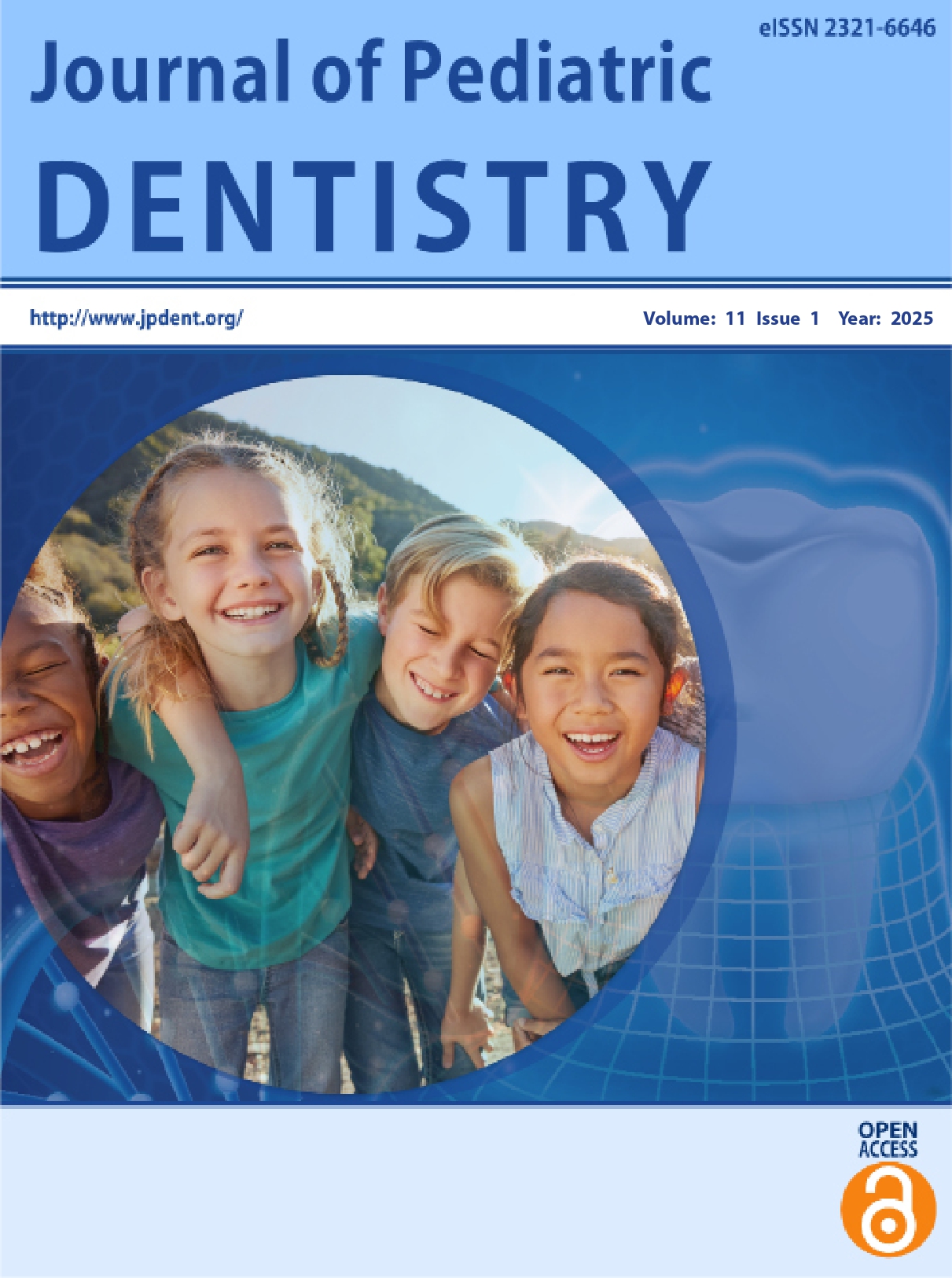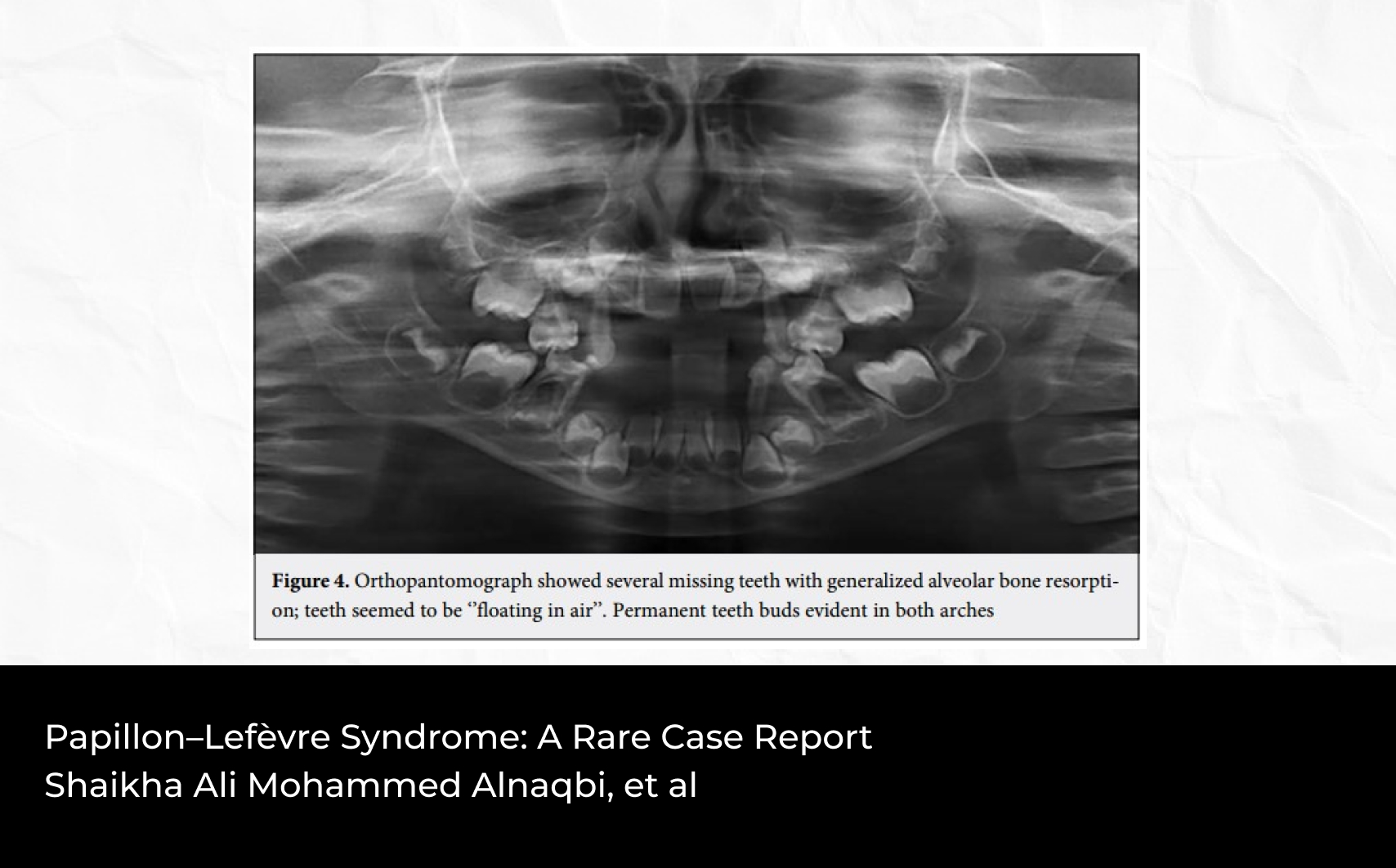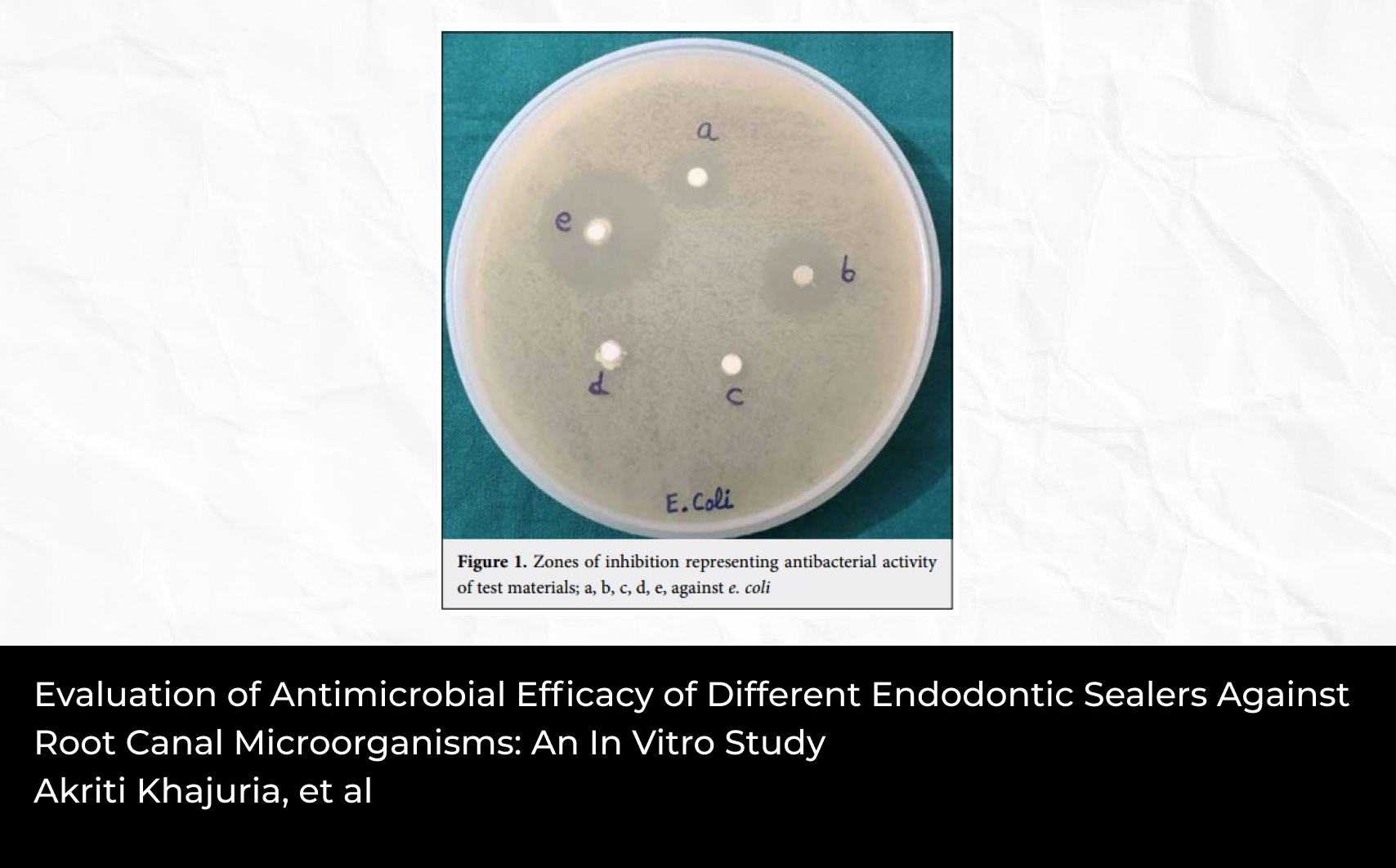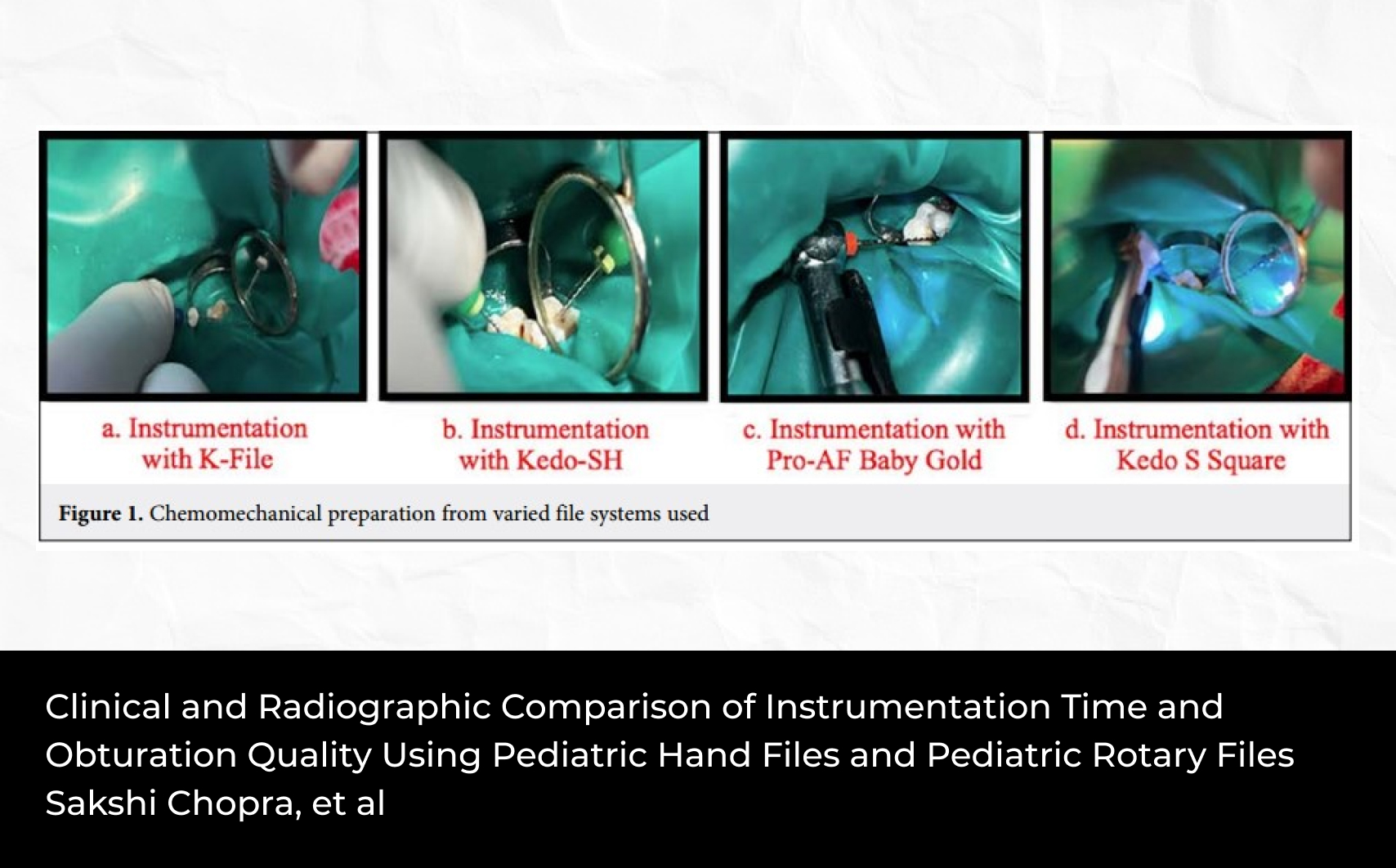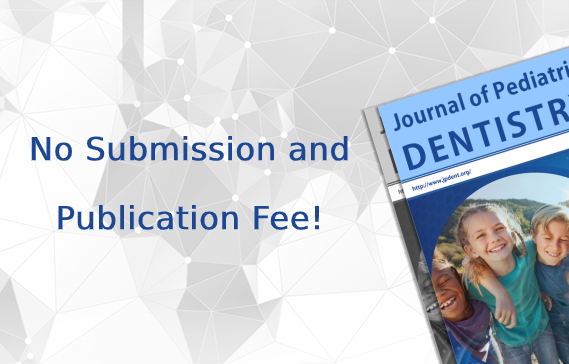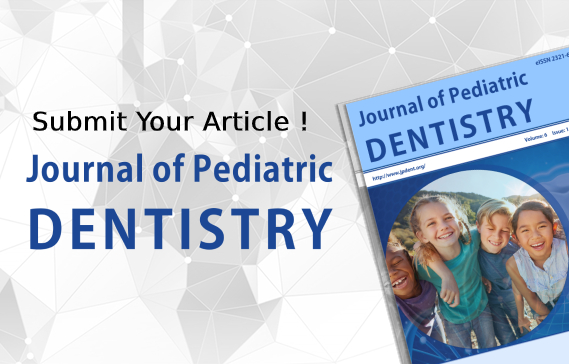Abstract
Objective: Dental caries is one of the most common chronic diseases in children and adolescents; therefore, they are at high risk for caries. The study examined whether mobile-based applications and reminders can improve oral lifestyle in adolescents.
Materials and Methods: Forty-three adolescents (ages 11-14) participated. Oral health education via reminder strategy was guided by the principles of the health belief model. Oral health knowledge and oral self-care skills were assessed at the baseline (prior to education), 5 weeks (1st follow-up), and 6 months (2nd follow-up) after the education.
Results: Complete data were available for all students (follow-up rate 100%). A significant improvement (p<0.001) was observed in the mean (SD) toothbrushing skill scores, increasing from 7.0 (1.9) (baseline) to 14.4 (2.6) (1st follow-up) and then to 14.2 (2.7) (2nd follow-up). The toothbrushing time also significantly (p<0.001) increased from the mean time of 51.5 (24.4) at the
baseline to 112.7 (30.1) seconds at the 1st and to 107.2 (22.2) at the 2nd follow-up. Diet knowledge scores increased from the baseline mean of 14.6 (4.1) to 28.0 (2.7) at the 1st and to 25.0 (3.1) at the 2nd follow-ups. The mean sugar intake frequency scores reduced from 12.6 (2.2) at the baseline to 11.9 (1.9) and 11.5 (1.9) at the 1st and 2nd follow-ups, respectively.
Conclusion: Oral health education via the reminder strategy was efficient in improving children's oral self-care skills and oral health-related knowledge. Improvements in oral self-care and knowledge were maintained for six months after the discontinued dental education.

